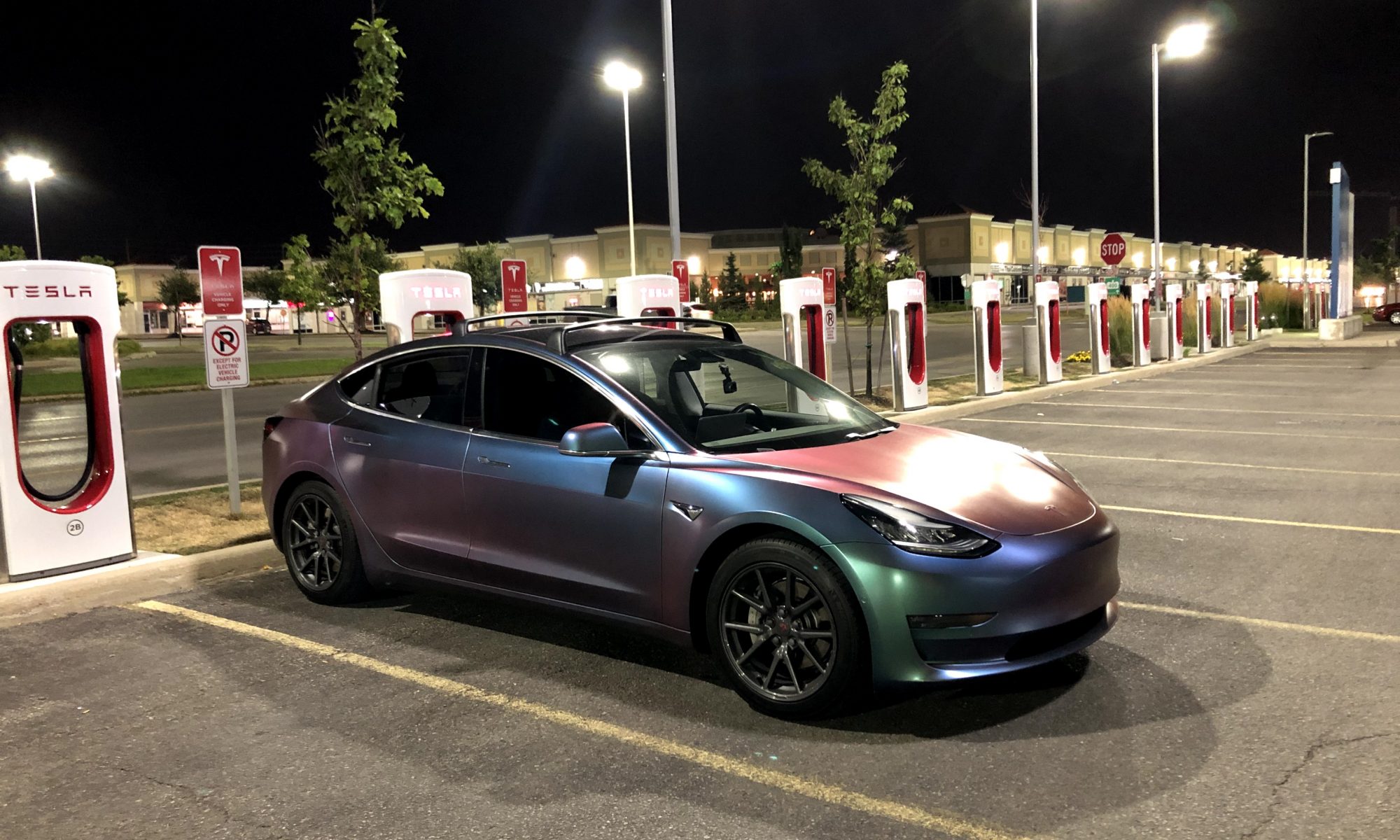This morning, I read an article published in a major media outlet, by General Motor’s president, that frankly worries me. It feels like an article that tries to instill fear, instead of supporting an immediate move to drive electric vehicles. Of course, this way of thinking, is best for any manufacturer that is still unable to produce, only electric cars. So I understand it. But it is plain wrong, and misleading.
Range
The first obvious, fear-proposing argument, is about the range. I am going to forget for a moment that any Tesla is capable of a lot more range, than what most people need on a daily basis. Take for example a VW e-Golf. With a claimed range of 126 city/111 highway, this may not seem like a good option to switch to electric. Not because of Volkswagen’s controversial cheating scandals, but because most people think they need to have a lot more range available, from a single charge.
This is inaccurate. Most people have an average of 20-30 miles of driving on a daily basis. So, let’s double that… no, let’s triple it. Let’s say you want to be able to cover three times the average daily driving needs, 60-90 miles. You see where I am going? Not everyone has a garage, but those that do have one, or that have access to an electric outlet where the car is parked, can wake up with a full battery, every morning. In the United States, there are many places where people can charge for free or at a very low cost.
Many employers are also installing EV chargers to incentivize employees. There are many shopping centers and government locations that also provide chargers. Additionally, keep in mind that there are more places with electricity, than there are gas stations. Mostly, any building is capable of trickle-charging or even fast charge an electric vehicle.
Charging Infrastructure
The most common argument about charging infrastructure, is that there is a lack of charging infrastructure. Again, this is misleading. It may be true under some circumstances, but for the vast majority of people, this is simply not an issue. Tesla alone has a massive infrastructure in the United States. Does it need to improve? Yes. Is it improving. That would be a solid, yes, and it is accelerating at an incredible pace. But Teslas are not the only electric vehicles out there. There are exponentially more EV charging stations in the United States, besides Tesla’s Supercharging network. A simple internet search will give you hundreds, if not thousands, of charging stations near most populated areas.
To be fair, there is room for improvement on those, regarding speed, and in some cases, availability, due to lack of regulations and enforcement by the authorities, to stop charing stations from being blocked by non-charging vehicles, but for most people, this should not be a problem. Again, the fact that most people can charge at home, should make this a non-issue.
Cost
This is another myth. Although it is true, that sometimes, the initial investment on an electric vehicle, is higher than its gasoline or diesel powered counterparts, the savings in total cost of ownership, make it a well balanced, and in many cases cheaper endeavor. There are many way to run the numbers, but just to give you an idea, an EV does not require frequent, oil changes, filter changes, and for most people, hardly ever brake pads need to be replaced, by using regenerative braking. Using the electric motor to slow down the vehicle, thus not wearing out the pads as much as people are used to. Now, how much is a life worth? When you learn the health benefits of not using a gasoline or diesel powered vehicle, and in many cases, the exponentially better safety from an EV, it is an even better story about cost, in favor of EVs.
My opinion is, that the spreading of negative information regarding ownership of EVs, gets amplified when the companies and people with enough influence keep doing it. Instead, they should try to influence change in a positive way. For example, instead of telling someone that they are better off buying a gasoline or diesel vehicle because they will have more options to “fill up”, we should be asking the right questions, and providing solutions, to make the transition to an EV, easy.
For example:
Q: Do you have a garage or can you park near your home?
A1: Yes.
That means that you almost never, have to go anywhere to charge your car. You can charge at home, and wake up with a full charge every day.
A2: I don’t have a garage or can park near my house to charge.
Here is a list of all the public charging locations near you.
This is only one example, of many, to help people on their transition to a sustainable-energy and transportation future.

